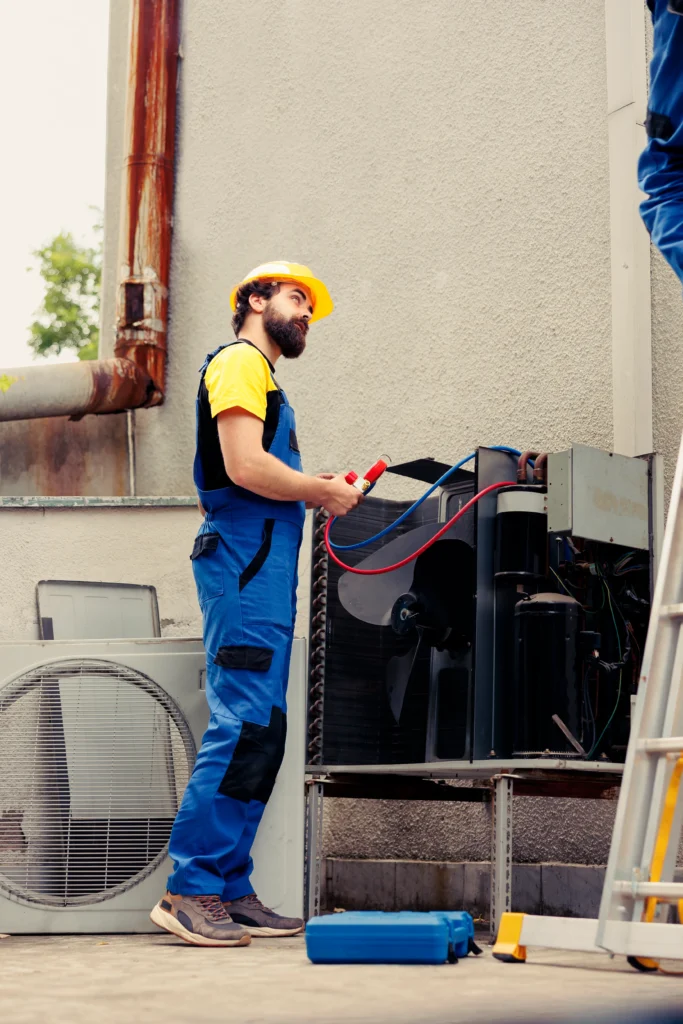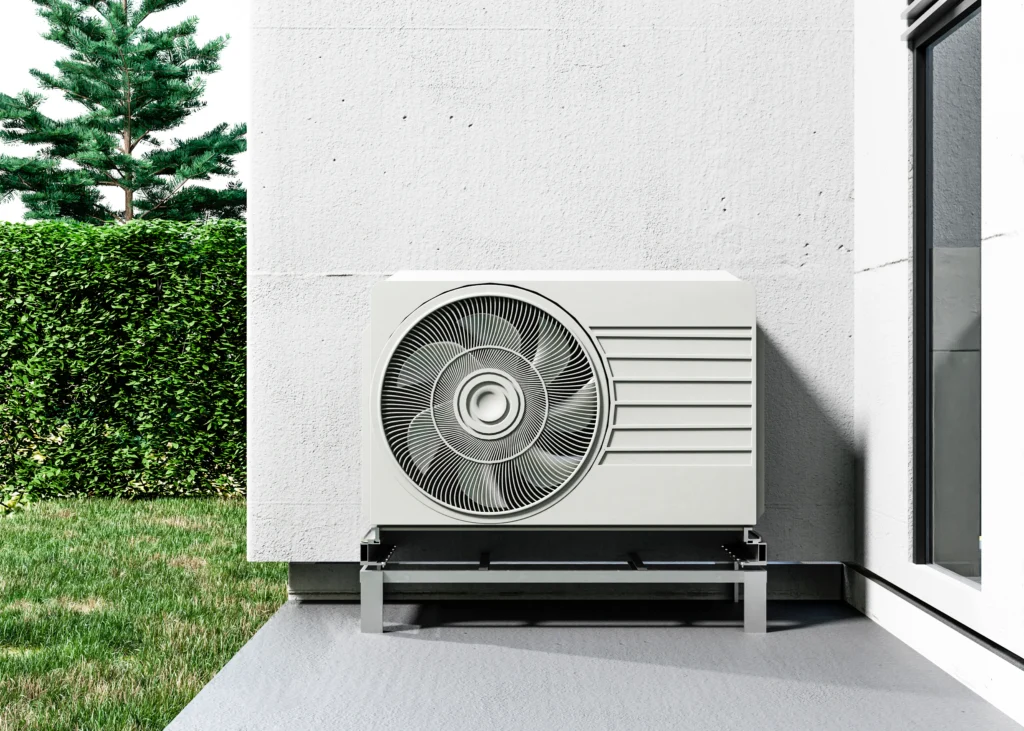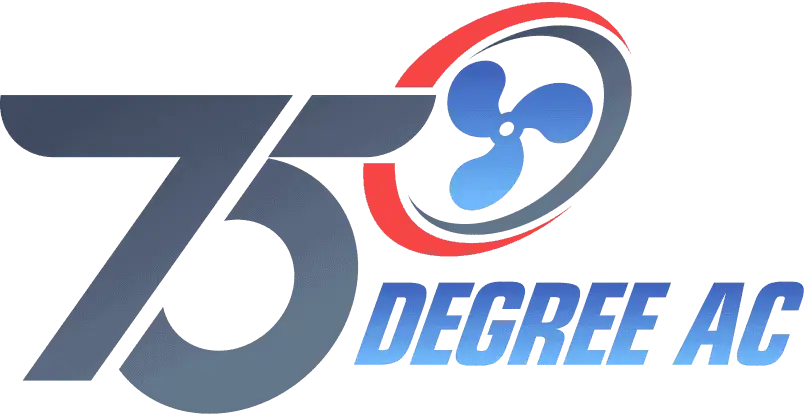Don’t let the summer heat trap you when the mercury rises! Finding out that your central air conditioner is broken on the first scorching summer day is the last thing you want to happen. However, this may be the case if you neglect to perform some minor yearly maintenance before summer arrives. In Central Illinois, spring is the ideal season to prepare your air conditioner for summer. Learn some AC Tips For Summer and beat the heat outside.
Table of Contents
ToggleHow To Prepare Your Air Conditioning System For Summer

Central air conditioning units use an external compressor and an internal air handler. Usually, the condenser unit is placed outside. This is the area of your air conditioner that requires upkeep and cleaning.
Throughout the chilly winter months, your air conditioner has been inactively gathering leaves and other dirt. Your AC unit may be made ready to run and chill your home effectively this summer by replacing the filters, cleaning the condenser, and carrying out a few small tests.
Prior to turning on the system, do any necessary summer AC maintenance. This will improve efficiency and reduce the amount of money you will have to pay for repairs should your system malfunction during the season.
You can prepare your air conditioner by following these AC Tips For Summer:-
Adjust The Filters
It becomes necessary to replace the air conditioner filters after a given amount of time since they no longer improve the quality of the air inside your home. A filter must be replaced once every three months for certain filters and at least once a month for others. In order to have an excellent start to the summer, it is best to inspect and replace the filters at the beginning of summer. A proper filter should be chosen based on your system’s and your house’s specifications.
Make The Area Surrounding The Outdoor Unit Clear
It is one of the practical AC Tips For Summer before you start using it. Your air conditioning unit becomes obstructed, and the internal components may malfunction when there is a buildup of dust and debris surrounding it. These obstructions impact the effectiveness and efficiency of your system. Consequently, clear the area around your AC unit of all leaves, shrubs, dust, trash, etc., before turning it on again after the winter break. Another option is to enclose it with a net to keep leaves and other debris from getting to the unit.
Set Up An Automated Thermostat
A thermostat is essential for you to be able to control the temperature in your home. Over the outdated mercury models, smart or programmable thermostats are an improvement. You may remotely regulate the temperature of your house with the help of programmable thermostats and your intelligent gadgets. Additionally, these reduce expenses and energy usage. An expert should be contacted if you are apprehensive about installing a programmable thermostat, even if it is simple to do so yourself.
Make Sure The Condensation Lines Are Clean
Condensation that the condensation lines are supposed to remove from your air conditioner becomes stuck inside the system if they become clogged. A clogged condensation drain line might cause the drain pan to overflow, which can result in leaks in your house. Drain line leaks can cause havoc in your home and expensive repair costs. It is also among the crucial AC tips for summer to prepare it for forthcoming use.
Thus, remove any water in the drain lines by using a vacuum cleaner or a cloth to soak up the water before turning up your air conditioning unit for the summer. Once the water is gone, you should use soap and water to clean the drain pan in order to get rid of any algae or other biological growth.
Examine The Insulation
An AC system inside your house is connected to your outdoor unit via a refrigerant or coolant connection. Cooling air and hot air are transported via two copper wires that are part of the refrigerant lines. In most cases, the bigger, insulated line transports cold air.
Sometimes referred to as the suction or vapour line, this bigger, insulated line. In order to keep the refrigerant from accumulating excess heat and to shield the pipe from condensation that could cause an accident, the suction line is insulated. Check for damage to the refrigerant lines to avoid mishaps and higher repair costs. Contact an expert before turning on your air conditioning unit if the insulation is all absent, torn, cracked, or flaking.
Examine The Ducting For Any Leaks
The performance of your air conditioner will suffer if any of the ducts in your house are leaking. Cool air from the outside or hot, unconditioned air from within the home might seep into the house through leaks in the ductwork. Your air conditioner will have to work harder to cool the air inside your home if there are any leaks in the ducting. There is also an impact on the general movement of cool air.
As a result, you should inspect the ductwork prior to leaks. Recall to keep your home’s air ducts spotless and free of leaks. To help seal leaks and keep the cool air within the ducts for an extended amount of time, you can also have the ducts insulated.
Does Your AC Need To Be Serviced By An HVAC Professional Before Summer?

You don’t have to hire an HVAC specialist before the summer. To make sure your air conditioner is operating well, and all of its parts are in good shape, you are advised to have it professionally maintained and examined once a year. This is because an HVAC expert can identify any underlying issues before they escalate. You can also follow AC tips for summer for better functioning if you cannot access an expert at the moment.
FAQ More About AC Tips For Summer
Which mode is best for AC at night in summer?
For optimal comfort and energy efficiency during summer nights, set your AC to the “Cool” mode at a slightly higher temperature, around 78°F (25-26°C). This balances coolness with energy savings, promoting a comfortable sleep environment while minimising electricity consumption.
How Should I Set My AC In The Summer?
Set your AC to 78°F (25-26°C) for a balance of comfort and energy efficiency. Use “Auto” mode to maintain a consistent temperature, ensuring a relaxed and cost-effective environment during summer.
What Are Some Essential AC Tips for Summer to Ensure Optimal Performance?
Some key tips for summer include regularly cleaning or replacing air filters, scheduling annual maintenance checks, ensuring proper insulation and sealing of ducts, and setting your thermostat to a higher temperature when away to save energy.
How Often Should I Clean the Evaporator Coils of My AC System During the Summer Months?
It’s recommended to clean the evaporator coils at least once a year, ideally before the start of the summer season, to maintain efficient cooling performance and prevent mold or bacteria buildup.
Why Is Duct Cleaning Important for Maintaining Good Air Quality in My Home During the Summer?
Duct cleaning helps remove dust, debris, and allergens that accumulate over time, improving indoor air quality and reducing the risk of respiratory issues, especially during the summer months when the AC is running frequently.
How Can I Ensure the Outdoor Condenser Unit of My AC System Is Functioning Optimally in the Summer?
Keep the area around the outdoor condenser unit clear of debris, vegetation, and obstructions to ensure proper airflow. Regularly inspect and clean the unit’s fins and coils to maintain efficient operation.
What Role Does the Thermostat Play in Maximizing the Efficiency of My AC System During the Summer?
The thermostat controls the temperature settings of your AC system. Setting it to a higher temperature when you’re away or asleep can help save energy and reduce utility costs during the summer months.
Are Heat Pumps Suitable for Cooling My Home During the Summer Months, and What Are Some AC Tips Specific to Heat Pump Systems?
Yes, heat pumps can effectively cool your home during the summer. Some specific tips for heat pump systems include ensuring proper airflow, regular maintenance of outdoor condenser units, and programming thermostats for energy-efficient operation.
Conclusion
As everyone knows, if your air conditioner isn’t working correctly, summers can be sweltering and miserable. Maintaining your air conditioning system can help keep it operating correctly. Some AC tips for summer and maintenance tasks include cleaning the outside and inside of the unit, monitoring the levels of refrigerant, checking the ducting, looking for visible damage or wear, and changing the thermostat.
